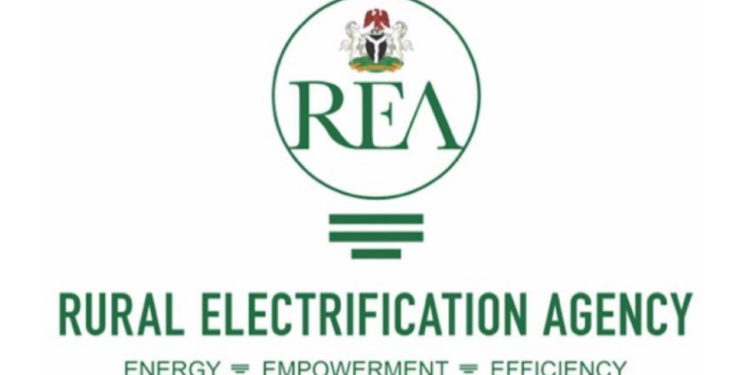A recent media report disclosed that 22 local government areas in eight states of the federation have been without electricity for over 10 years. The report underscored the Rural Electrification Agency (REA) finding, which showed that over 20,000 communities lacked electricity.
According to a World Bank report, about 90 million Nigerians lack access to electricity, with residents of rural areas being the worst hit. If anything, these reports depict Nigeria’s worsening state of energy poverty with wide-ranging implications on the nation’s economic development, considering electricity’s essential role in propelling economic growth. Not surprisingly, the impact of energy poverty is felt the most by the most vulnerable group — women and children.
Power deficit is one of Nigeria’s significant infrastructure challenges. Many businesses, especially small and medium enterprises, with minimal capital outlay and which rely heavily on public power, are bearing the brunt of this shortfall.
The need for electricity in modern life is all-encompassing, whether it is to operate machines, illuminate residences, power home appliances, preserve medical equipment, store foodstuffs, or enhance transportation.
Nothing underscores the enormity of Nigeria’s energy poverty, such as the fact that even though the nation can transmit 15,000 megawatts of electricity, its transmission capacity is 8,000 megawatts, owing to deplorable infrastructure. This is grossly inadequate for a country with a population of over 200 million.
According to data released by the International Energy Agency, Nigeria ranked fifth in electricity production in Africa after South Africa, Egypt, Algeria, and Morocco.
Energy poverty in Nigeria is taking its toll on the nation and its citizens, who have resorted to using unclean sources of power with all the attendant consequences.
Power is an essential requirement for human existence. In the health sector, for instance, energy is required for lighting, powering a borehole that supplies water, and temperature control to keep the medicines and other equipment in good condition.
Sadly, most Nigerian hospitals, especially Primary Health Centres (PHCs), lack access to power. In most PHCs, deliveries and surgeries are done with other unreliable power sources. Energy deficit has impeded service delivery in most health centres, which has wide-ranging implications for the nation’s healthcare system.
Energy poverty impacts not only the health sector but also economic development. It has negatively impacted the nation’s industrialisation, as businesses shut down operations due to exorbitant power costs. The World Bank estimates Nigeria loses about $29 billion annually due to unreliable electricity.
Given these startling statistics, what is the government doing to address the nation’s energy deficit? One agency best suited to address this worrisome situation is the Rural Electrification Agency (REA), a public agency charged with promoting rural electrification through effectively coordinating all rural electrification programmes in the country.
The agency’s mandate includes administering the Rural Electrification Fund (REF) to encourage, support and provide rural electrification through Public and Private Sector participation.
One measure taken by the REA is implementing the Distributed Access through Renewable Energy Scale-up (DARES), a World Bank-funded programme designed to expand access and stimulate economic growth. The programme targets two million households.
According to REA, the DARES project aims to scale the energy access gap by supplying electricity to more than 17.5 million Nigerians. REA observes that DARES aligns with Nigeria’s energy transition plan to expand access to clean and sustainable power. Interestingly, DARES is anchored in providing solar hybrid minigrids, standalone solar systems, and technical assistance.
REA must know that the DARES programme provides yet another opportunity to eradicate or radically reduce the nation’s seemingly intractable energy poverty. Energy powers the 21st Century economy, which is technology-driven. Nigeria must do all it takes to address its power supply challenges to be a dominant player in this fast-paced knowledge economy, propelled mainly by energy.
As Nigerians await the full take-off of the DARES project, we enjoin REA and all those directly involved in its implementation to ensure that the project is handled in line with its aims and objectives to get the desired results.
There is an overarching need to address the nation’s power supply conundrum, and it takes a dutiful implementation of programmes like DARES to ensure that. REA may be at the cusp of history, and how it implements the DARES project will say a lot. Nigerians are watching.



